After watching the presidential debate that CNN reporter Dana Bash described as a “shitshow,” many Americans turned off their televisions in total shock. Watching an hour and a half of bickering back and forth between President Donald Trump and former Vice President Joe Biden seemed more like an episode of “Real Housewives” than it did a presidential debate.
Presidential debates are one of the best ways that Americans are able to gauge candidates’ future policy plans for their country. However, the first debate of the 2020 election left America astonished and wondering if all presidential debates were as chaotic as what they had just viewed.
Although this was the first time a presidential debate was referred to as a “hot mess inside a dumpster fire inside a train wreck,” this is not the first time that a debate left viewers with their jaws on the floor.
Here are seven moments in United States presidential debate history that left America in shock.
1. Nixon and Kennedy 1960
Democratic Party candidate John F. Kennedy and Republican Party candidate Richard Nixon went toe-to-toe in the first-ever televised presidential debate.
Nixon, who was recovering from an illness at the time, appeared pale next to Kennedy, who had applied stage makeup before stepping on camera.
Americans watching the debate on television described Kennedy as calm and collected as he stood poised next to a fidgety Nixon.
The interesting part of this presidential debate was not any specific argument made, but rather what the American public had to say afterward about the debate’s winner.
Audiences that listened to the debate on the radio stated that Nixon was the clear winner. However, viewers that watched the debate from their television were confident that it was Kennedy who had won.
2. “I am paying for this microphone, Mr. Green.”
During the 1980 Republican primary, Ronald Reagan famously told the moderator, Jon Breen, that he was paying for the microphone that Breen had asked to be turned off.
The debate was originally set to be sponsored by the Nashua Telegraph newspaper, but it ended up being entirely funded by Reagan’s campaign after the Federal Election Committee ruled that a newspaper sponsoring a debate would not align with election rules.
Despite Reagan funding the event, staff of the Nashua Telegraph were still in charge of moderating the debate.
Reagan was angered when only two chairs were set out, one for him and one for George H.W. Bush. Reagan wanted all of the candidates to be included, not just Bush and himself.
Additionally, Reagan hoped to make the introductory statement himself, but it was instead given by the moderator.
Enraged, Reagan interrupted the moderator. Breen snapped back by asking for the sound booth to turn off Reagan’s microphone.
Reagan responded, “I am paying for this microphone, Mr. Green.”
The crowd erupted in applause.
The detail that made this moment even more memorable was that Reagan had unintentionally mispronounced the moderator’s name, calling him Mr. Green instead of Mr. Breen.
3. “Senator, you’re no Jack Kennedy.”
In 1988, many Americans were alarmed by George H.W. Bush’s decision to select Dan Quayle as his vice presidential running mate. Quayle was young and many questioned whether or not he was qualified to take on such an important political role.
During a vice presidential debate between Quayle and Democratic presidential candidate Michael Dukakis’ vice presidential running mate, Lloyd Bentsen, Quayle made an infamous comparison between himself and former President John F. Kennedy.
“Senator, I served with Jack Kennedy,” Bentsen responded to Quayle’s statement. “I knew Jack Kennedy. Jack Kennedy was a friend of mine. Senator, you’re no Jack Kennedy.”
4. “No Soviet domination…”
Time Magazine called Gerald Ford’s mix-up during a 1976 presidential debate “the blooper heard round the world.”
In this debate between incumbent President Ford and Democratic challenger Jimmy Carter, Ford declared that there was “no Soviet domination of Eastern Europe.”
This could not have been further from the truth, as it was during a time in which the Soviets had complete control over Eastern Europe.
His statement, however, was intended to be rhetorical, but the butchered delivery cost him the presidential debate.
5.“You’re likable enough, Hillary.”
Hillary Clinton laughed off the moderator’s question about her likability during a Democratic Party presidential debate in 2008.
The moderator had asked Hillary what her response was to those who found her credible, yet not as likable as Barrack Obama.
Hillary responded in a joking manner, saying that the comment hurt her feelings but that she agreed that Obama was a likable person. Afterward, however, she added that she did not view herself as all that unlikable.
Obama joined in, saying “You’re likable enough, Hillary.”
Obama’s backhanded comment made viewers cringe and incited awkward laughter among the crowd.
6. “There is nothing smart about you, Joe.”
It is impossible to complete a list of the most shocking moments in presidential debate history without touching on a few of the most vulgar moments in this year’s first presidential debate.
After Democratic candidate and former Vice President Joe Biden said that he believed President Trump needed to get smarter in how he was handling the COVID-19 pandemic, Trump snarked back and said that Biden should never use the word “smart.”
Trump directly insulted Biden’s intelligence by saying that Biden could not even remember the name of his own college and that he graduated near the bottom of his class.
“Don’t ever use the word smart with me,” snapped Trump. “Don’t ever use that word. Because you know what, there is nothing smart about you, Joe.”
7. “Proud Boys, stand back and stand by…”
Perhaps the most shocking moment in this year’s first presidential debate was Trump’s inability to denounce white supremacists and militias.
When directly asked if he was willing to condemn white supremacy groups, Trump dodged the question by saying “sure” and changing the subject to “Antifa and the left.”
“Proud Boys, stand back and stand by,” he declared before trailing off on to a tangent about the issues he sees with the left wing.


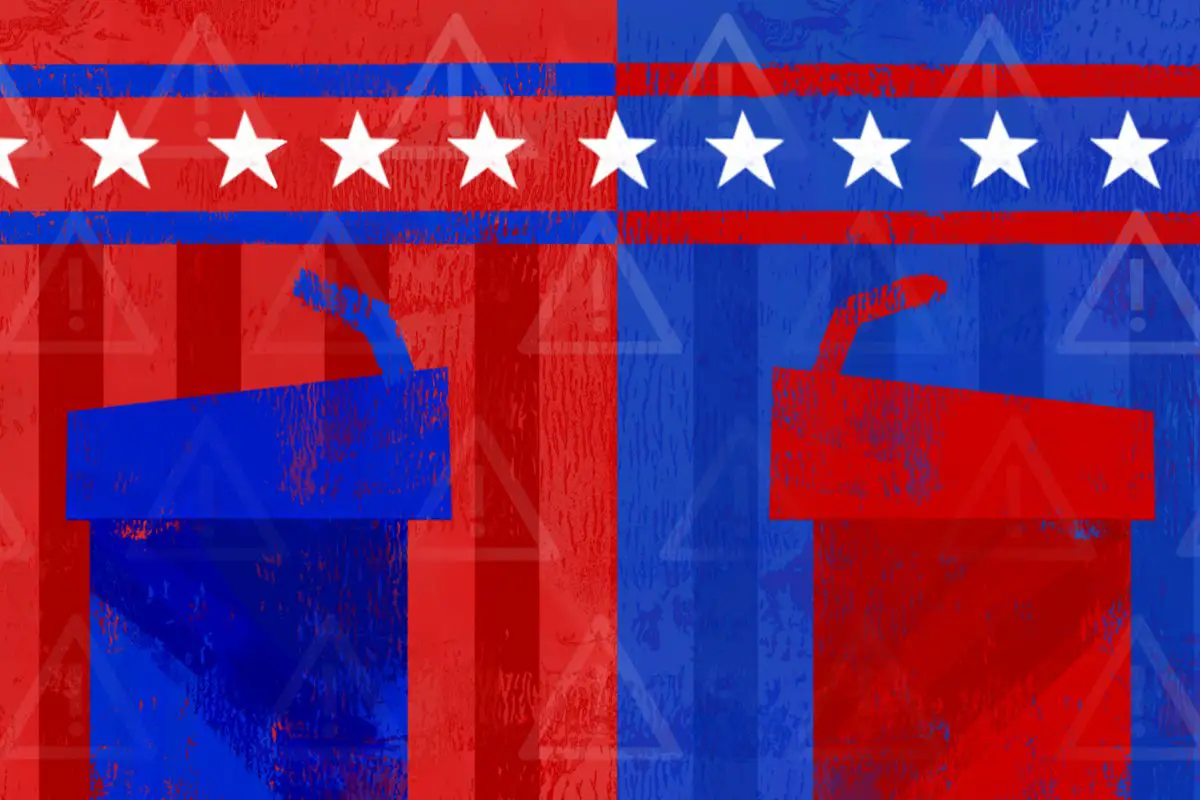



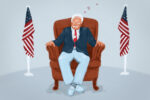
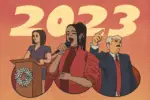
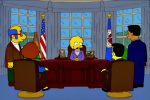
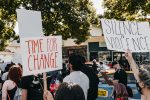
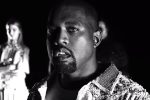







Naming each table helps to distinguish it from duplication leading to errors.
I found this post to be quite helpful and intriguing. We appreciate you sharing your unique opinions with us. I will most certainly share this with my peers.
thanks for sharing. geometry dash
Thank you for providing us with such valuable information.